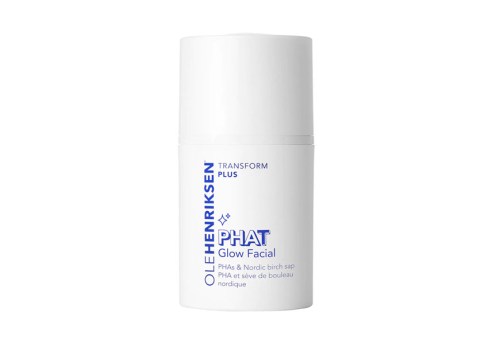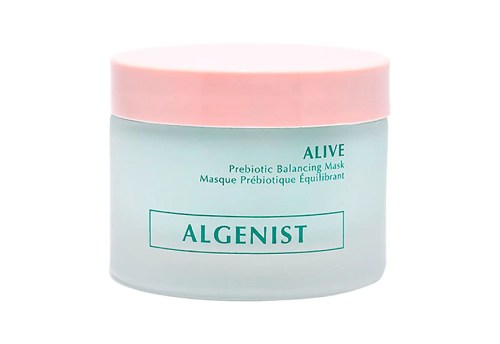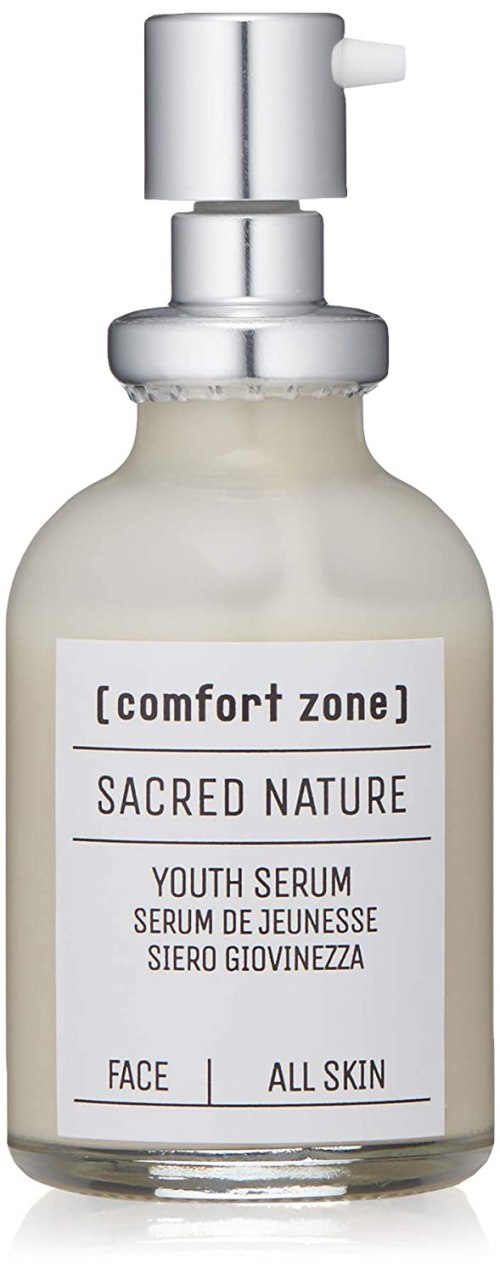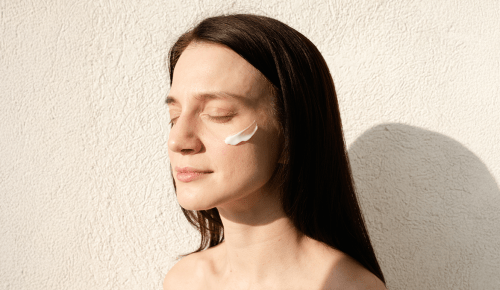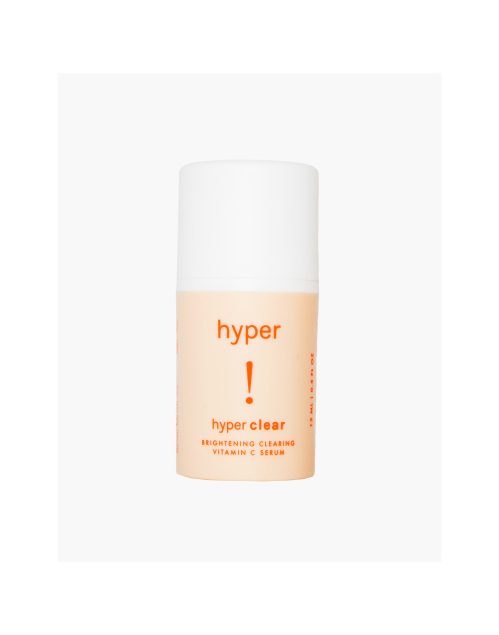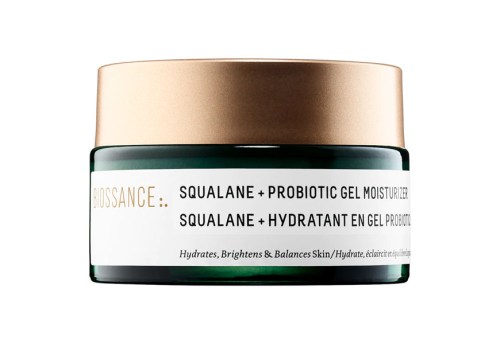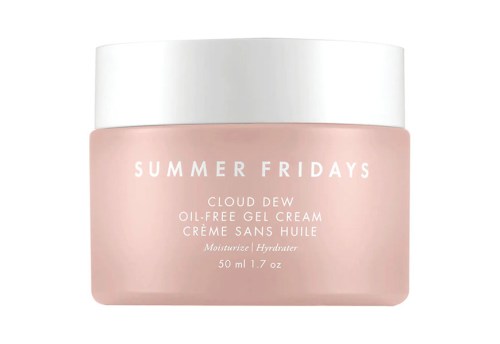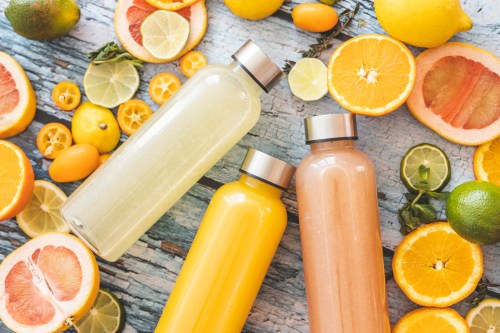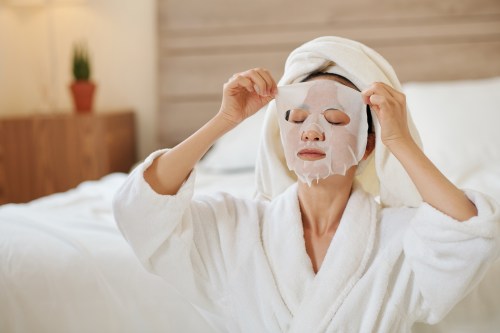Our editors independently select these products. Making a purchase through our links may earn Well+Good a commission
Summertime, and the skin care’s easy…or, at least, it should be. The weather is hot (and potentially humid!), your pores are open for business, and sweat, salt, and sun are all playing some starring roles this season. So what to do with your skin-care routine? We conferred with experts in the field to find out what to ditch (and how to switch) so you can glow all summer long.
Experts in This Article
Christine Lee is an esthetician and the U.S. education manager for Comfort Zone.
Elisabeth Nehme is an esthetician and a global brand ambassador for Comfort Zone.
board-certified dermatologist and clinical instructor of dermatology at Weill Medical College of Cornell University
director of education at Amala Beauty
Skip: heavy occlusives
Occlusives are oils and waxes—physical barriers that block water loss in the skin. Instead, Hadley King, MD, board-certified dermatologist, says to look for ingredients like petrolatum (found in Vaseline), beeswax, mineral oil, silicones, lanolin, and zinc oxide.
Though you’re not ditching occlusives as a whole, you can lighten up this season. “As the temperatures and humidity increase, we may not need such heavy occlusives to keep our skin moisturized—and heavy products may feel sticky and greasy,” says Dr. King. “Lighter lotions with humectants and emollients and gel-based products will feel better.”
“One ingredient that may be too heavy for summer is silicone,” says Christine Lee, esthetician, U.S. education manager for Comfort Zone. “It is too occlusive, which means it covers the skin, keeping it from being able to ‘breathe’ and creates an unhelpful heaviness. If we add face coverings to the mix, then we potentially have a situation that could cause maskne.”
Lee says that silicone is extremely common in face, makeup, and SPF products, so be mindful of ingredient lists, and look for the most common “versions” of silicone: dimethicone, cyclomethicone, cyclohexasiloxane.
Skip: rough exfoliants
Depending on your skin type, you’ll want to revise your exfoliation arsenal. “Drop the rougher face polishes/manual exfoliants for a more gentle, lightweight exfoliator,” advises Terese Linke, director of education at Amala Beauty.
Elisabeth Nehme, esthetician, global brand ambassador for Comfort Zone even says to avoid AHA and glycolic acid, because they could leave you more vulnerable to sunburns. Instead, try a polyhydroxy acid (PHA). “A polyhydroxy acid, such as gluconolactone, is much more gentle and does not increase sun sensitivity,” says Nehme.
“Gluconolactone, in particular, is great because it delivers hydration and antioxidant activity which is really important during the summer months when there is potentially more dehydration and UV damage.”
Dr. King says to try a beta hydroxy acid (BHA), like salicylic acid, if you need some exfoliation. This will “prevent pores from becoming clogged and can help remove clogs that have already formed,” she says.
“BHAs are similar to alpha hydroxy acids (AHAs) in that they are used for chemical exfoliation of the skin; they dissolve the bonds that hold dull, dead skin cells on the surface of the skin so the skin will gently shed, revealing smoother, brighter skin underneath.”
Olehenriksen Phat Glow Facial Mask — $50.00
No, this isn’t a legit facial but it will have your skin looking like you just had one. Apply to a clean, dry face, leave on for 15 minutes, and get ready for luminous skin.
Add prebiotics into your routine
Since much of the focus is on protecting your skin against UV damage and inflammation, Lee says, “One important ingredient is a prebiotic, which supports a strong microbiota on the skin’s surface, which in turn protects the skin from pathogens and irritants.”
Essentially, this ingredient could work in tandem with your antioxidants and SPF for a nice little healthy-summer-skin cocktail. “A healthy microbiota can keep inflammation levels stable and protect [your skin] from UV damage, all of which are really important in the summer months,” says Lee. “While probiotics are the good bacteria themselves, prebiotics are the food that feeds this bacteria and are a good way to build the health of one’s unique microbiota.
Algenist Alive Prebiotic Balancing Mask — $38.00
This prebiotic and probiotic mask will help rebalance, detoxify, and hydrate your skin.
Don’t forget the antioxidants
All the experts emphasized the importance of antioxidants this summer—this includes a good vitamin C serum. “SPF and antioxidants protect the skin from UV rays,” says Dr. King.
“We are likely to get more sun exposure and because we may be traveling or outdoors more often, this can also mean more exposure to pollution,” says Nehme. “A complex antioxidant blend can help protect the skin from the oxidative damage caused by both UV rays and pollution.” She recommends layering an antioxidant serum under your favorite SPF.
Comfort Zone Sacred Nature Youth Serum — $75.00
This anti-aging serum protects, moisturizes, and firms your skin all in one.
Hyper Skin Hyper Clear Brightening Clearing Vitamin C Serum — $36.00
If you’re looking for a vitamin C product that actually works, specifically on melanin-rich skin, and won’t leave your face feeling sticky, this Hyper Skin vitamin C serum is for you.
And the “perfect” summer moisturizer
According to Dr. King, moisturizers need to contain three components: humectants, emollients, and occlusives. “It’s important to look for products that contain all three,” she says. With that in mind, keep the tip about heavy occlusives in mind, and try to avoid silicones, and opt for something light.
Linke agrees. “Summer is the time we need to lighten up—and that also means lighten up our moisturizers!” She also recommended a lightweight gel-cream with antioxidant vitamin C to add brightness and glow without any heaviness. Linke also says that in the steamy summer months you can mix a toning essence with a moisturizer to lighten it up—“nourishing yet very lightweight, and suitable for a very moist or humid climate.”
Biossance Squalane and Probiotic Gel Moisturizer — $52.00
Get ultimate hydration with this squalane gel moisturizer. It will also calm and soothe your skin.
Summer Fridays Cloud Dew Oil-Free Gel Cream Moisturizer — $42.00
This gel moisturizer has 31,000 “loves” on Sephora so you know it has to be good. It’s “ultra-lightweight” and formulated with three types of hyaluronic acid and ceramides to quench your thirsty skin.
Newsflash: You Can Wash Your Hair Every Day, According to This Haircare Brand Founder
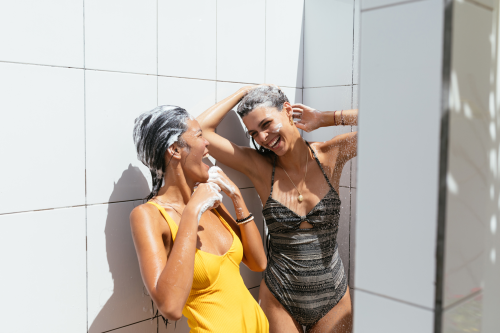
Scarlett Johansson’s Morning Skincare Routine Is All About Simplicity—Here’s How She Starts Her Days Out Right

Tons of Elizabeth Arden Skincare Finds Are on Major Sale at Walmart Right Now—Here’s What a Dermatologist Is Eyeing
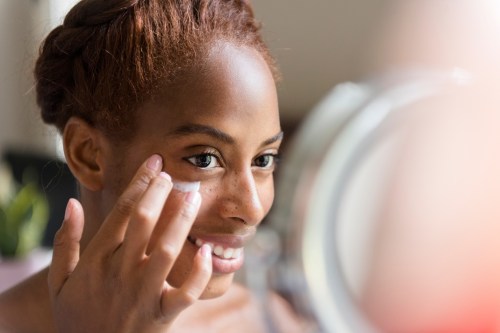
General summer skin tips
1. SPF is your best friend
All the experts agree that SPF is a year-round ingredient, but you’ll want to be a sunscreen-aficionado once you spend more time outdoors in the summertime. Prioritize not just the use of SPF but also reapplication throughout the day, on your face and body, including the scalp, back of hands, ears, and anywhere else you’re exposed to UV rays.
“Much of the sun damage that accumulates in our skin is the result of daily incidental sun exposure,” says Dr. King. “Studies have been done in Australia that tracked the skin of people who used sunscreen every day, regardless of the weather or their daily activities, and compared this to the skin of people who only used sunscreen on days that were particularly sunny and they felt they would be spending significant time outside. The skin of the people who used sunscreen every day aged significantly better. In this study they used microtopography to assess skin aging—this is a study of the skin texture. So that’s a good reminder why it’s important to wear SPF every day, even in the winter.”
2. Stay hydrated
Hydrate internally and externally, advises Lee. “[Eat] water-rich and cooling foods such as cucumbers, melon, and bell peppers,” she says, and topically hydrate “with hyaluronic acid and lightweight oils such as moringa or marula which help repair the barrier of the skin, preventing excess water loss.”
3. Be mindful of retinol
If you have oilier, acne-prone, or less sensitive skin, you may be okay in this department. Dr. King says that during the hotter months, “the skin can usually tolerate stronger active ingredients for oil reduction, acne reduction, exfoliation, and anti-aging,” so “if you use a prescription retinoid for acne or anti-aging, you may find that you can use a stronger one during the summer than you can during the winter without experiencing too much peeling or irritation.” She explains that our skin isn’t as dry (usually) as it is in the winter, so your skin can handle it a little better.
If you’re on the sensitive side, or planning on spending more time outdoors, a word of caution. “You may want to drop your retinol products for a week or two before and after you take a summer or beach vacation to minimize the risk of sun damage to the skin, in particular, if you plan to sunbathe or spend a lot of time on the water, or at the beach or out outside in the elements,” advises Linke.
Now, get outside and enjoy the sun (and don’t forget to put these tips to use).
Oh hi! You look like someone who loves free workouts, discounts for cult-fave wellness brands, and exclusive Well+Good content. Sign up for Well+, our online community of wellness insiders, and unlock your rewards instantly.
Sign Up for Our Daily Newsletter
Get all the latest in wellness, trends, food, fitness, beauty, and more delivered right to your inbox.
Got it, you've been added to our email list.

